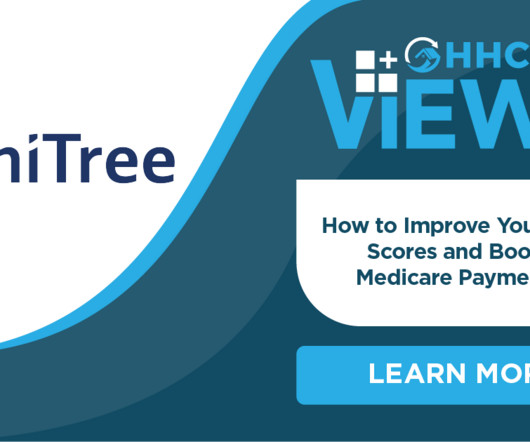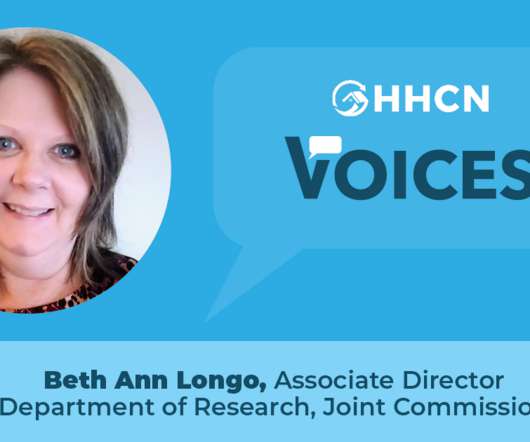How to Improve Your VBP Scores and Boost Medicare Payments
Home Health Care
AUGUST 4, 2023
Since CMS standardized it in 2018, Quality Assurance and Performance Improvement program, or QAPI, has served as a guiding light for home-based care providers. The program is the process by which a home-based care provider measures its quality metrics. What we are doing today will affect the 2025 payment.”












Let's personalize your content